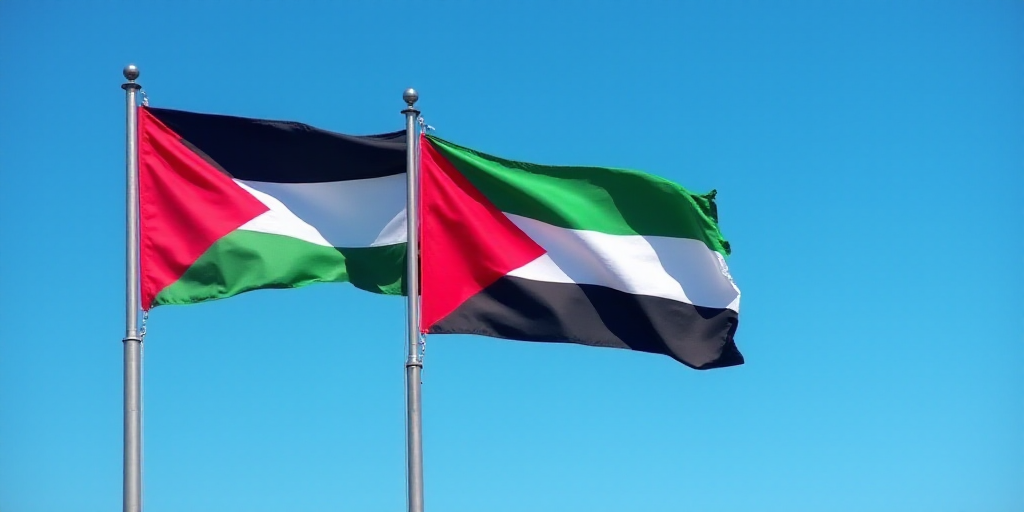Background on Key Figures and Context
Benjamin Netanyahu, the current Prime Minister of Israel, has been a central figure in Middle Eastern politics for decades. His leadership has been marked by ongoing conflicts, most notably the recent war in Gaza. Hamas, a Palestinian Islamic political organization and militant group, governs the Gaza Strip and is considered a terrorist organization by several countries, including the United States and the European Union.
The United Nations (UN) serves as a global platform for diplomacy and international cooperation. Its General Assembly provides an opportunity for world leaders to address global issues, exchange ideas, and foster dialogue.
The UN Delegate Boycott of Netanyahu’s Speech
During his address to the UN General Assembly on a Friday, Prime Minister Netanyahu faced a significant boycott by numerous delegates. This reaction was interpreted by Hamas as evidence of Israel’s international isolation, stemming from the ongoing conflict in Gaza.
Hamas’ Perspective
Hamas, through its representatives and spokespersons, claimed that the widespread absence of delegates during Netanyahu’s speech underscored Israel’s growing isolation on the world stage. They argued that this boycott reflected global disapproval of Israel’s actions in Gaza, including the recent military operations.
Netanyahu’s Response
Prime Minister Netanyahu addressed the boycott indirectly, emphasizing Israel’s right to defend itself against Hamas’ rocket attacks. He maintained that the absence of certain delegates did not diminish Israel’s legitimacy or its commitment to peace.
Impact on the Israel-Palestine Conflict
The boycott of Netanyahu’s speech by UN delegates has sparked discussions about the effectiveness of diplomatic protests and their potential to influence international relations. Critics argue that such actions may hinder constructive dialogue, while supporters claim they are necessary to express disapproval of ongoing conflicts and human rights violations.
- Question:
The boycott signaled disapproval of Israel’s actions in Gaza and highlighted the international community’s growing concern over the ongoing conflict. - Question:
Hamas has claimed that the boycott demonstrates Israel’s increasing isolation, reflecting global disapproval of its actions in Gaza. - Question:
Netanyahu defended Israel’s right to self-defense and emphasized the country’s commitment to peace, asserting that the boycott did not undermine its legitimacy.
Consequences and Future Implications
The incident has raised questions about the role of diplomatic protests in resolving international conflicts. It also highlights the complex relationship between Israel and Palestine, with ongoing disagreements over territory, borders, and the status of Palestinian refugees.
As negotiations and tensions continue, the international community will closely monitor developments in the region. The boycott of Netanyahu’s speech serves as a reminder of the deep divisions and the need for sustained diplomatic efforts to achieve lasting peace.






